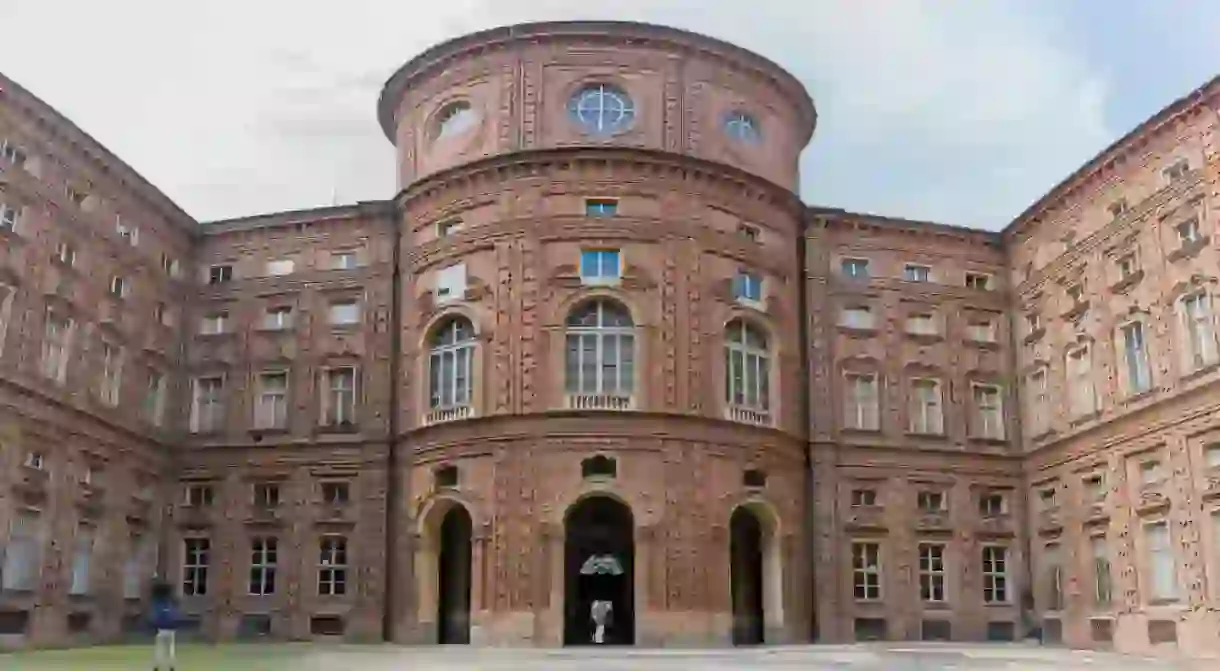10 Art Galleries and Museums to Visit in Turin, Italy

Ancient history, old masters, contemporary art, cinema, cars? Whatever your interests, the museums and galleries of Turin have something to offer you. Here is a hit list of the top galleries and museums on your visit.
Museo Egizio
Museum

Museo Nazionale del Cinema
Building, Cinema, Museum, Synagogue

Palazzo Madama
Building

Castello di Rivoli
Building, Museum
Fondazione Sandretto Re Rebaudengo
Museum
Established in 1995 by major patron and Art Review Power 100 regular Patrizia Sandretto Re Rebaudengo, the foundation supports young Italian and international artists with particular focus on commissions and the production of new work. The museum space in Turin is at the centre of the foundation’s activities and is one of the premier destinations to view experimental contemporary art in the city. Artists on view have included Isa Genzken, Hiroshi Sugimoto and Gerhard Richter. If you have time to explore beyond Turin, you can also visit Palazzo Re Rebaudengo in Guarene d’Alba, an 18th-century manor on the Roero hills.
Fondazione Merz
Art Gallery

Museo Nazionale dell’Automobile
Museum

Pinacoteca Giovanni e Marella Agnelli
Museum

GAM – Galleria Civica d’Arte Moderna e Contemporanea
Art Gallery
Founded between 1891 and 1895, GAM was the first civic museum of modern art in Italy. Recently, the permanent collection display has been reorganised, moving away from the traditional thematic structure to focus on the history of the gallery. The new presentation tells the story of modern art through the gallery’s landmark acquisitions, directors and cultural policies. This style of exhibition generates another strand of art historical insight for visitors (taste, politics, anecdote), in particular the role of Turin in Europe’s art history narrative. GAM’s roster of temporary exhibitions is also very impressive, including both blockbuster shows and special interest displays. For example, ‘TRUE LOVE. Italian Pop Art from the GAM collections’ and ‘1959–1962: Japin in Turin’.
Accorsi-Ometto: Museo di Arti Decorative
Art Gallery
Trips and Tours in Italy
Architectural Landmark

Planning to visit Italy? Don’t forget to take a look at our impressive collection of multi-day tours all over the country. Whether you’re a city-lover, an outdoor enthusiast, a food obsessive or any other kind of traveller, we’ve got the itinerary for you.













